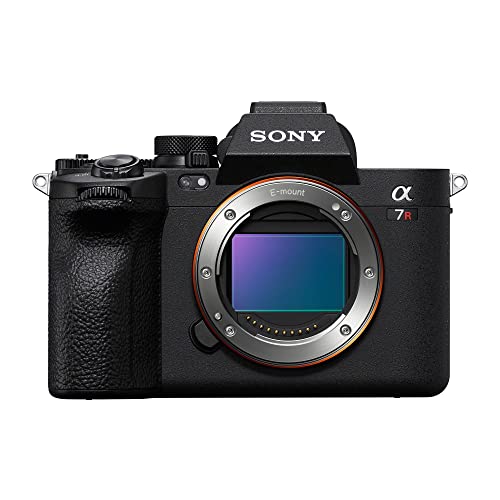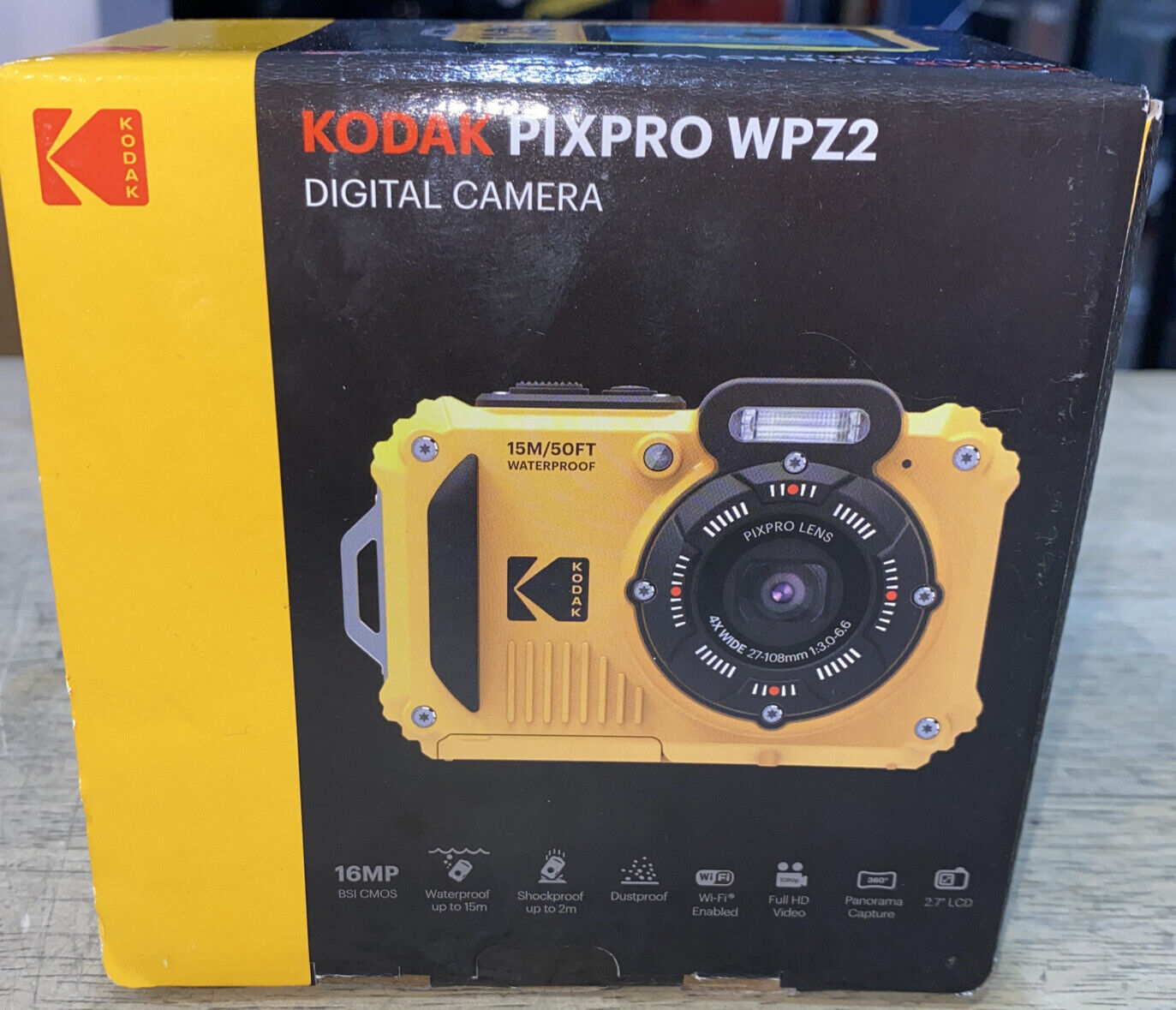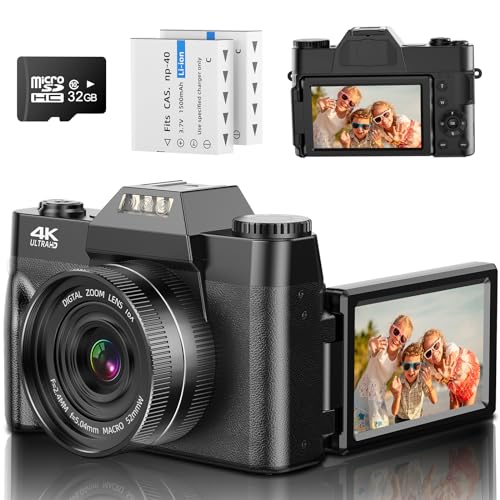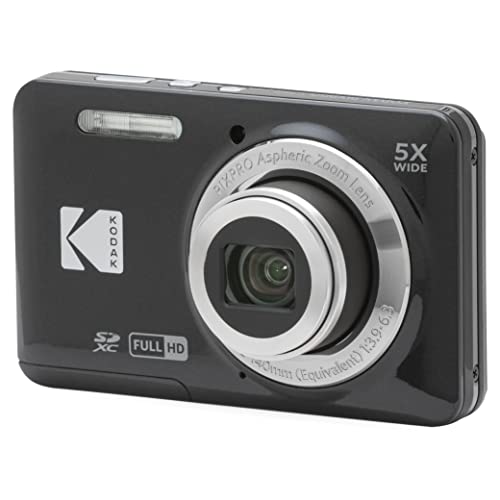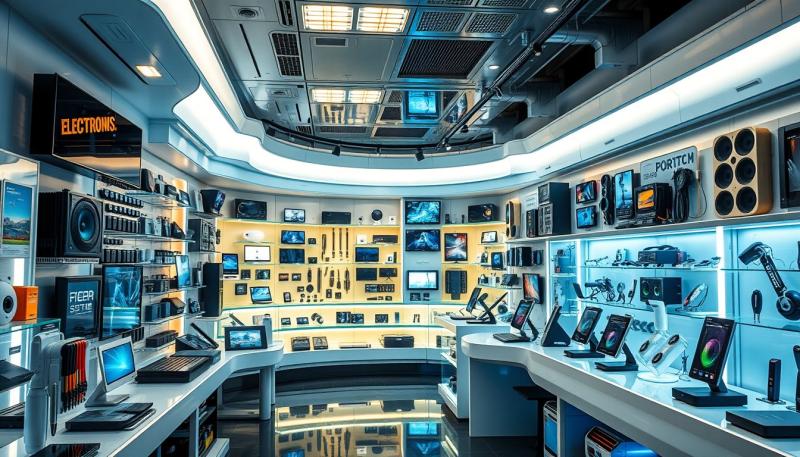Today capturing high-quality photographs has become more accessible and popular than ever before. With a myriad of camera options available, it can be overwhelming to decide between a digital or mirrorless camera. This article aims to help aspiring photographers and enthusiasts make an informed decision by exploring the key differences, advantages, and considerations when choosing the perfect camera for their needs.
Understanding Digital Cameras:
Digital cameras have revolutionized the world of photography, replacing traditional film cameras by capturing images electronically. They feature a built-in sensor that converts light into digital signals, allowing instant review, editing, and sharing of photographs.
Digital cameras offer various benefits, including:
a) Versatility: Digital cameras come in a wide range of models, from compact point-and-shoots to advanced DSLRs, catering to different skill levels and requirements. They offer a multitude of shooting modes, creative filters, and customizable settings, ensuring flexibility and convenience.
b) Image Quality: With advancements in sensor technology, digital cameras deliver exceptional image quality, allowing high-resolution captures with vibrant colors, sharp details, and impressive dynamic range.
c) Lens Selection: Digital cameras boast an extensive selection of lenses, enabling photographers to explore different focal lengths, aperture ranges, and specialty lenses for specific genres like macro or telephoto photography. Interchangeable lenses offer versatility and creative possibilities.
Unveiling Mirrorless Cameras:
4.86 out of 5 starsSony A7R V Mirrorless Camera
Capture stunning high-resolution images with the Sony A7R V, the ultimate mirrorless camera for gadget enthusiasts
Product information
Product Review Score
Product links
Mirrorless cameras, relatively newer to the market, have gained popularity due to their compact size, lightweight build, and advanced features. These cameras eliminate the traditional mirror system found in DSLRs, resulting in a more streamlined design.
Key advantages of mirrorless cameras include:
a) Portability: Mirrorless cameras are significantly lighter and more compact than their DSLR counterparts. This makes them ideal for travel, street photography, and situations where carrying heavy equipment is impractical.
b) Electronic Viewfinder (EVF): Mirrorless cameras employ an EVF, which offers a real-time preview of the image, including exposure, white balance, and creative effects. EVFs provide greater accuracy and convenience in composing shots.
c) Continuous Shooting and Autofocus: Mirrorless cameras excel in capturing fast-moving subjects with their high-speed burst modes and advanced autofocus systems. The absence of a mirror allows for faster acquisition and tracking, ensuring crisp and precise results.
Factors to Consider:
a) Budget: Determine your budget and consider the overall cost, including camera body, lenses, and accessories. Both digital and mirrorless cameras are available at various price points, with mirrorless cameras generally being more expensive initially due to newer technology.
b) Purpose and Skill Level: Identify your photography goals and skill level. Digital cameras often offer more options and manual controls, making them suitable for advanced photographers who seek full creative control. Mirrorless cameras are beginner-friendly and offer user-friendly interfaces.
c) Lens Compatibility: Check the availability and compatibility of lenses for the camera system you choose. Popular camera manufacturers offer extensive lens selections, ensuring future upgrades and lens versatility.
Conclusion:
Deciding between a digital or mirrorless camera requires careful consideration of personal preferences, intended use, and budget. Digital cameras offer versatility, image quality, and a wide range of lens options, while mirrorless cameras prioritize portability, advanced features, and convenience. Ultimately, the perfect camera choice will depend on individual needs and the creative journey that lies ahead.
Remember, thorough research, hands-on experience, and seeking expert advice will help you make an informed decision when choosing the camera that will be your ultimate photography companion.
